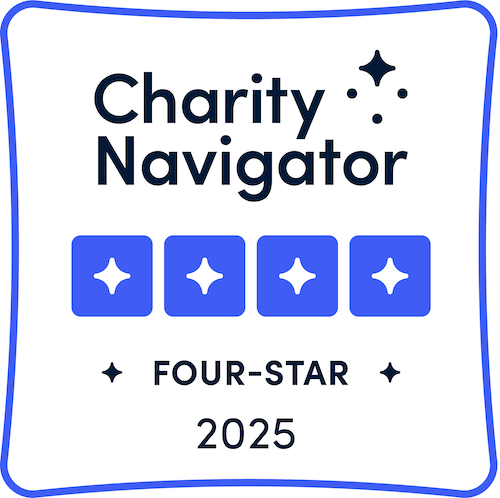#FirstResponderFriday Tony Mussorfiti is a retired lieutenant from the Fire Department of New York and a HAZMAT specialist. He serves on the Advisory Board of First Responders Children’s Foundation, as well as the Board of Advisors for Friends of Firefighters in Brooklyn, New York. Tony was part of the recovery effort at Ground Zero, after the attacks on Sept. 11, 2001, and is concerned about the mental health of first responders.
Q: Tony, you’re a native New Yorker…
I currently live in Massapequa on Long Island, and I had a very lucky New York upbringing. I spent the school year in the city, in Astoria, and in the summers we moved up to the beach on Long Island. We lived in bungalows–no locks on the doors, no telephones, no TVs. I’m still friends with the guys and the girls that grew up in both places. I couldn’t have it any better.
Q: You were on duty on September 11, 2001?
I was. I was a firefighter at the time, working in Hazmat Company One, the main Hazmat response unit. One of our guys was actually out on the curb at that moment, and he saw the first plane hit one of the towers. We had one of those red phones, and our guy called up the Dispatcher, said someone hit the World Trade Center–they hadn’t heard yet.
As it happened, I was at home when we heard we turned on the TV and I just… There’s another firefighter who lives across the street… We loaded up tools and equipment in the back of a pickup truck and we went down to the site.
Q: There’s a lot of discussion–and action–lately, regarding the mental health of First Responders.
Yes, thankfully. In previous times, a lot of us didn’t want to go to counseling, because you don’t want it on your record. You would never tell anybody, ‘Hey, I don’t like heights’ or ‘I don’t like blood’, or whatever it was, you know, you just kept it to yourself if you’re having a problem. I knew guys who were afraid of climbing a six foot ladder at home, but they’d climb a 100-foot ladder at work!
You do what you do because you know your training, you count on the people next to you.
Q: You recovered victims at the 9/11 site?
Yes. We found people, and we brought them back to their families. It was very important and the fire houses that recovered all their members, the families that recovered their loved ones, they do better psychologically than those that didn’t. So we were doing good. But there were some memories I can’t forget and there are some memories I wish I could.
When it was, like, March, April of 2002, when the site was gonna close, we were finishing up and it was actually hard because it was like, you know, you found a mission there and you were able to maybe find somebody to bring back to their family.
Q: That experience has followed you…
One thing that came out of 9/11… before then, we would never talk about it (traumatic experiences on the job). But around 9/11, guys were starting to open up to each other. Just, you know, you’re not the only guy who’s having trouble at home, or trouble sleeping.
Q: You lost a lot of people that day. The FDNY lost 343 members, correct?
You can’t comprehend that number, 343. You can’t comprehend that number. You know, someone was giving us a questionnaire… and on it, the question was, do you know any firefighters who died on 911?
“Do I know anybody? You create this form and you ask this question?” I stop counting at 100, you know? I think sometimes the number is too much for us to comprehend. You focus on the ones you had that relationship with, the ones you remember best, you know?
People have good intentions, but they don’t get it. A funny story… one of the guys I worked with, he lost the tops of a few of his fingers when he was a teenager. So, we had this one mental health counselor, and she’s telling us, ‘You First Responders, you got to look out for dangerous behavior in each other.’ So my buddy holds up his hand with the missing fingertips and says, ‘I’ve been chewing my fingernails, is that a problem?’ And the guys are all laughing.
Q: How does your family remember that day, 9/11?
My daughter, she was about 6 or 7 years old on 9/11. And I don’t even want to tell the one part of it, because I get all choked up, but… my wife said that on that morning, my daughter wouldn’t take her eyes off the TV. She was looking for me. Unimaginable, it’s unimaginable. Yeah.
Q: What is it like to go back to the Ground Zero site now?
I had never gone back, but then about eight years ago the Pope was coming down to the World Trade Center. We were lucky to win tickets to it in a raffle. We had to be there at 6 or 7 in the morning. So we booked a hotel across the street. But when we got down there the night before, I walked toward the grounds and walked straight past the site. I couldn’t do it. I just walked on, down towards the Hudson River, and, you know, my wife didn’t say anything. She just knew it was too overwhelming.
We went into a restaurant down there, and I just stopped, looking around. And my wife says, ‘What’s the matter?’ I was remembering, I had been there on 9/11, in that restaurant, right by the site. Some of the guys, we were very thirsty, and we’d gone in there to find something to drink. And I found a bottle of water, I still remember, it was a really pretty bottle of water. And as we were drinking, we look and see a firefighter there, in the back of the room, in silhouette, with a bottle of Jack Daniels in his hand. He’s just a silhouette.
I said, ‘Hey, brother… you okay?’
He goes, ‘Yeah, I’m okay.’
And he takes a shot of the Jack Daniels, you know?



